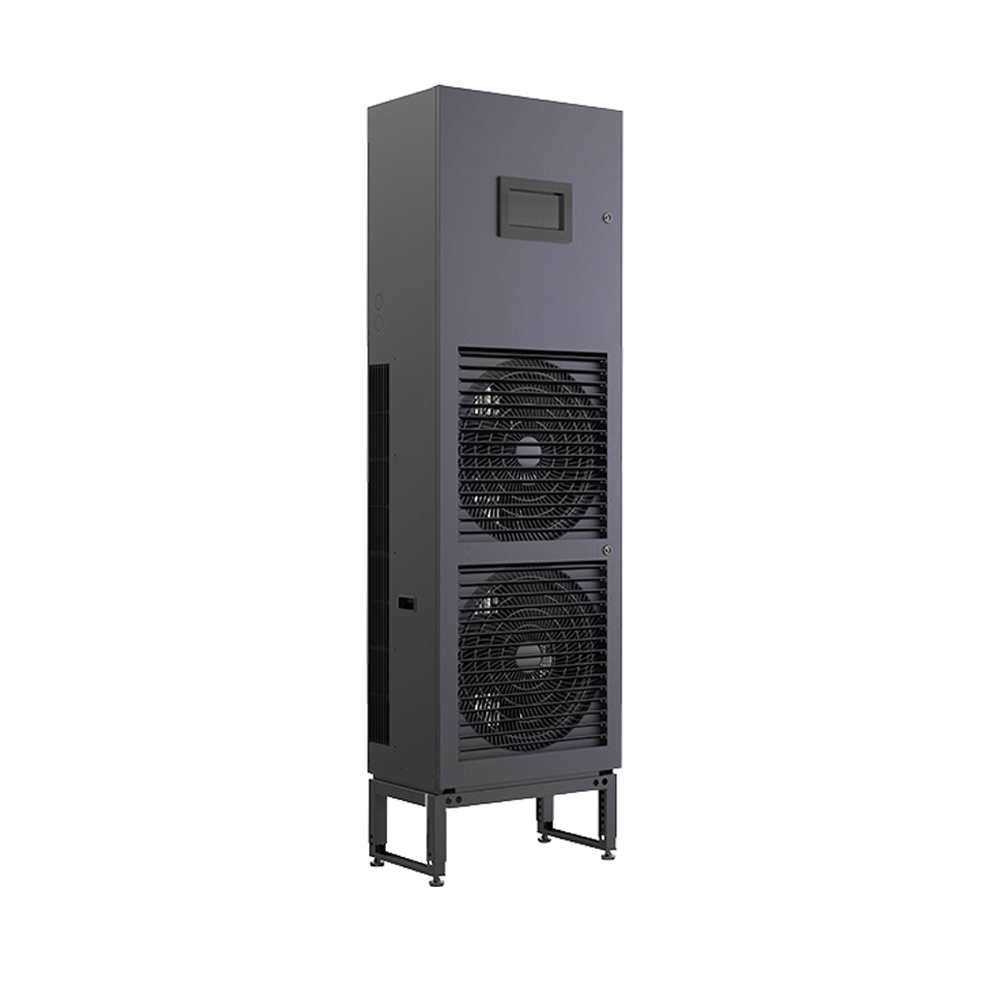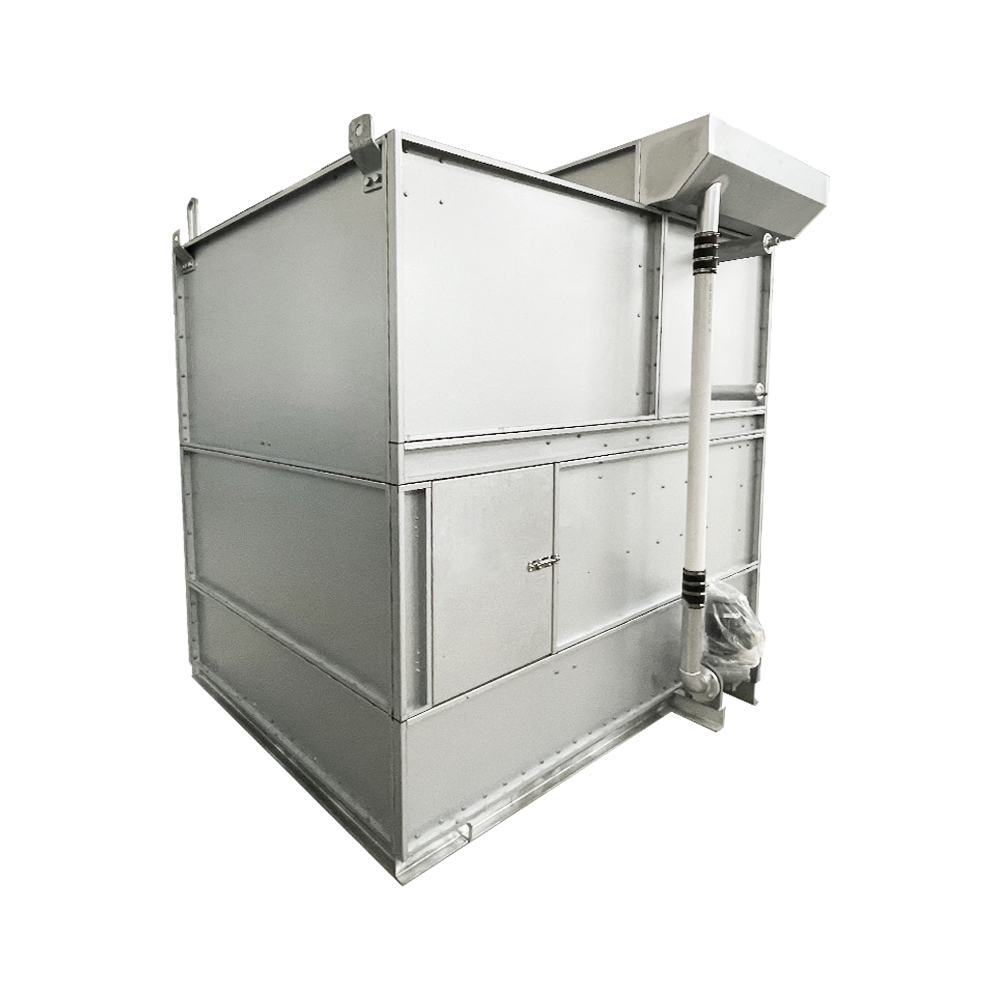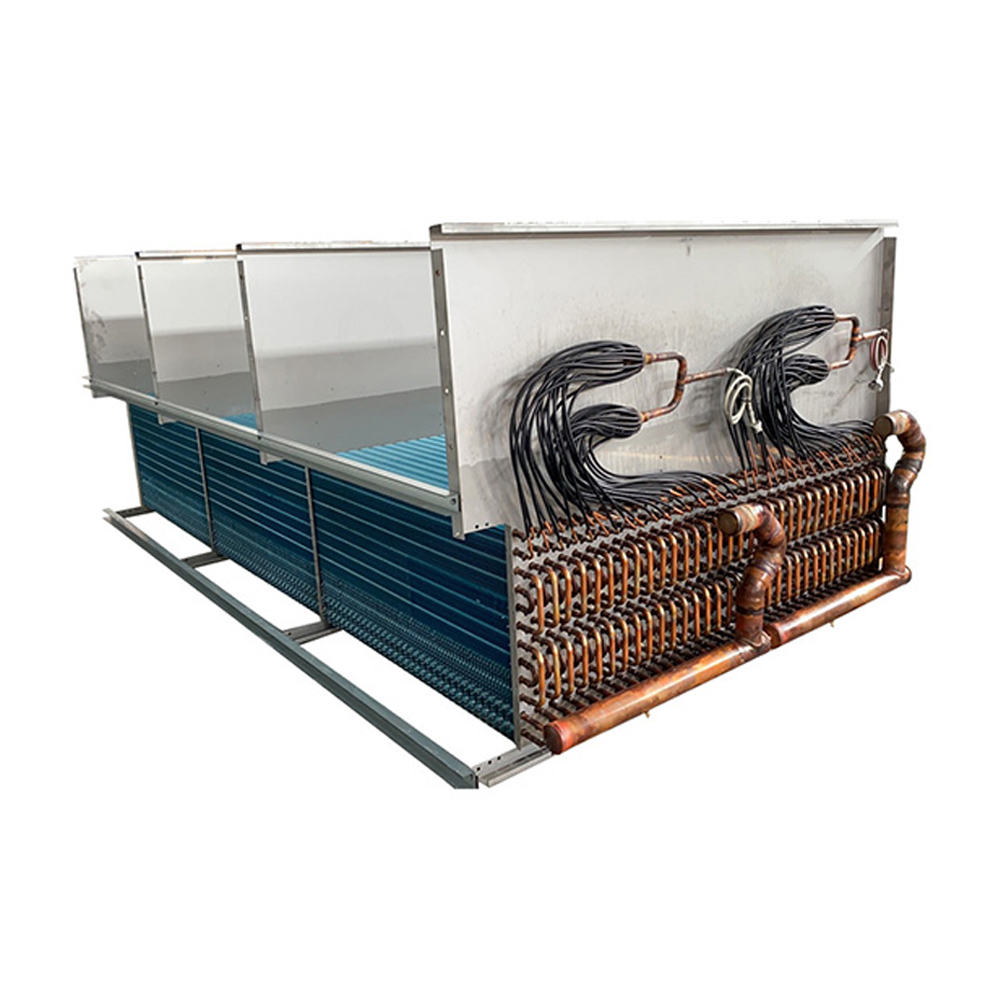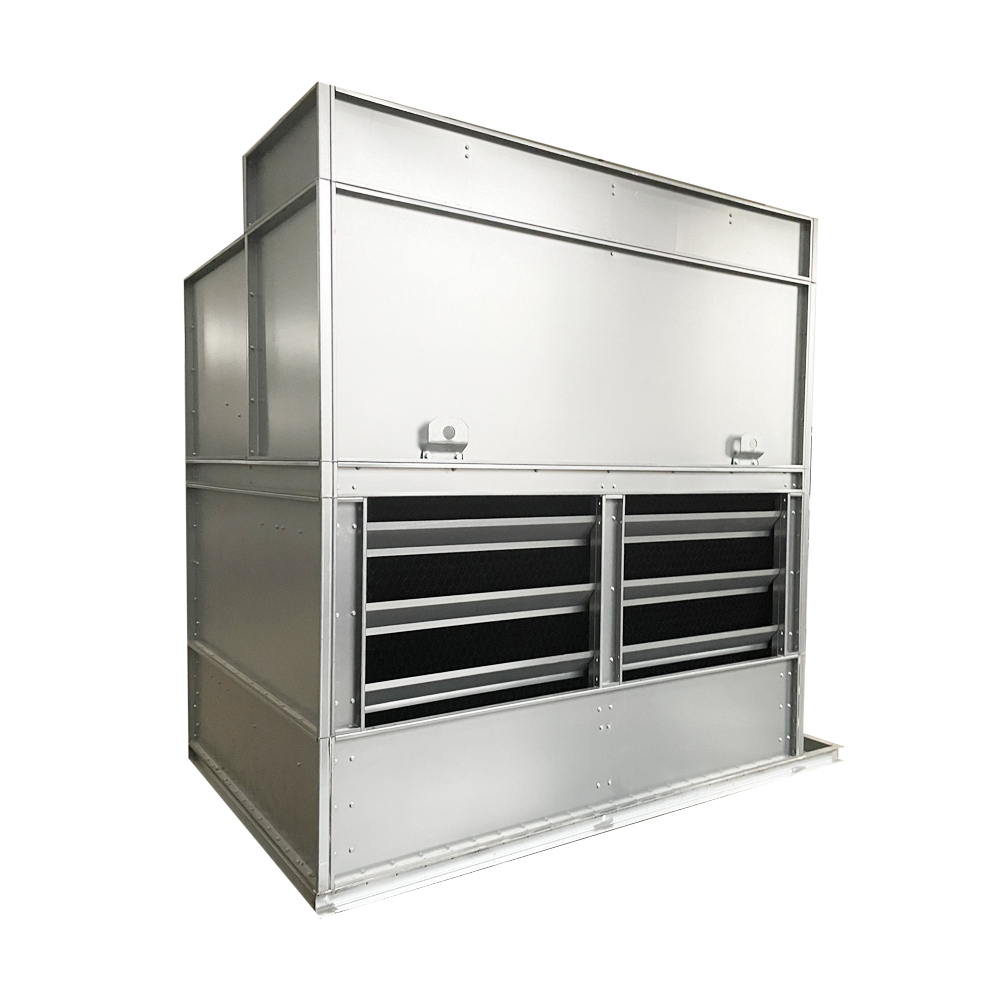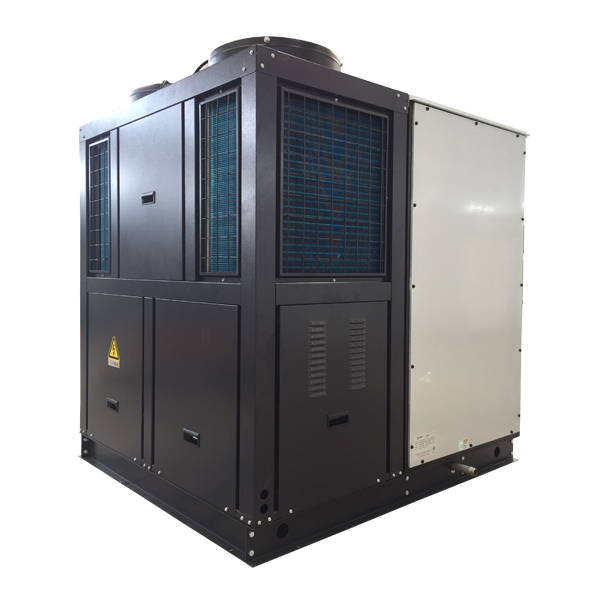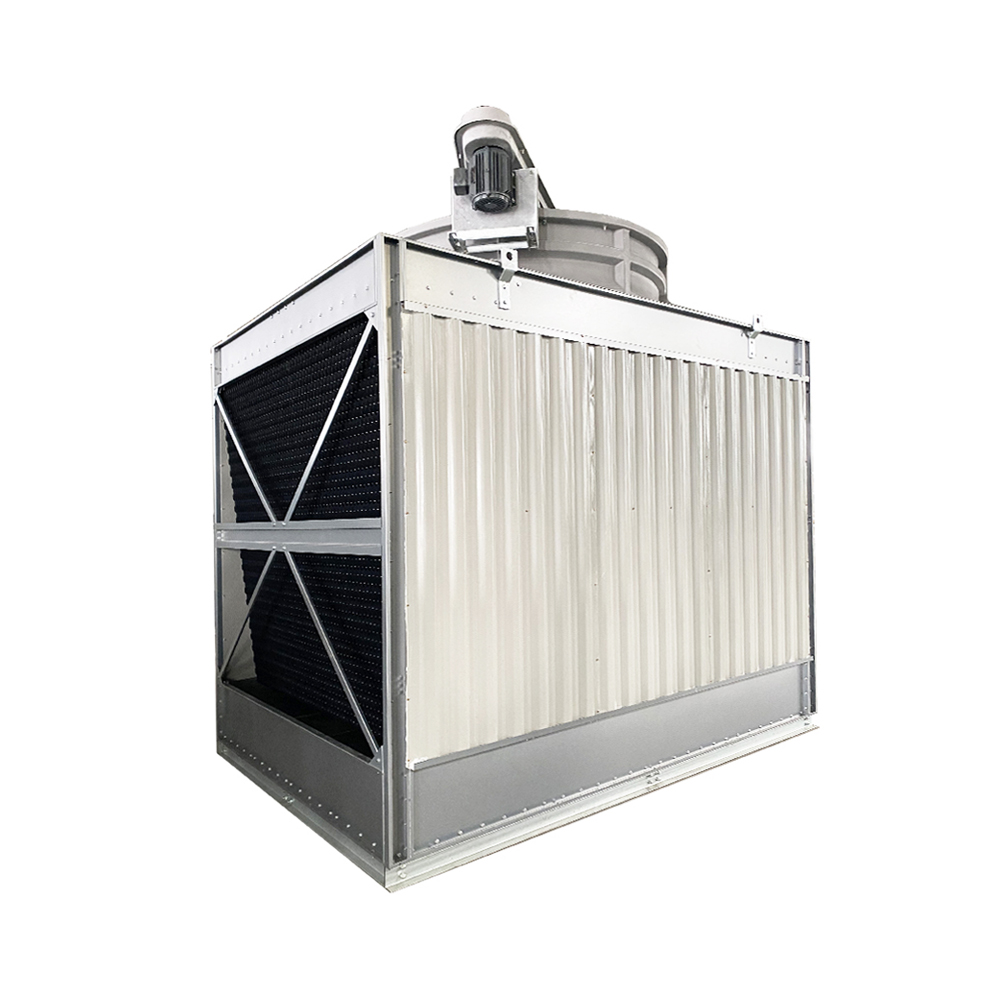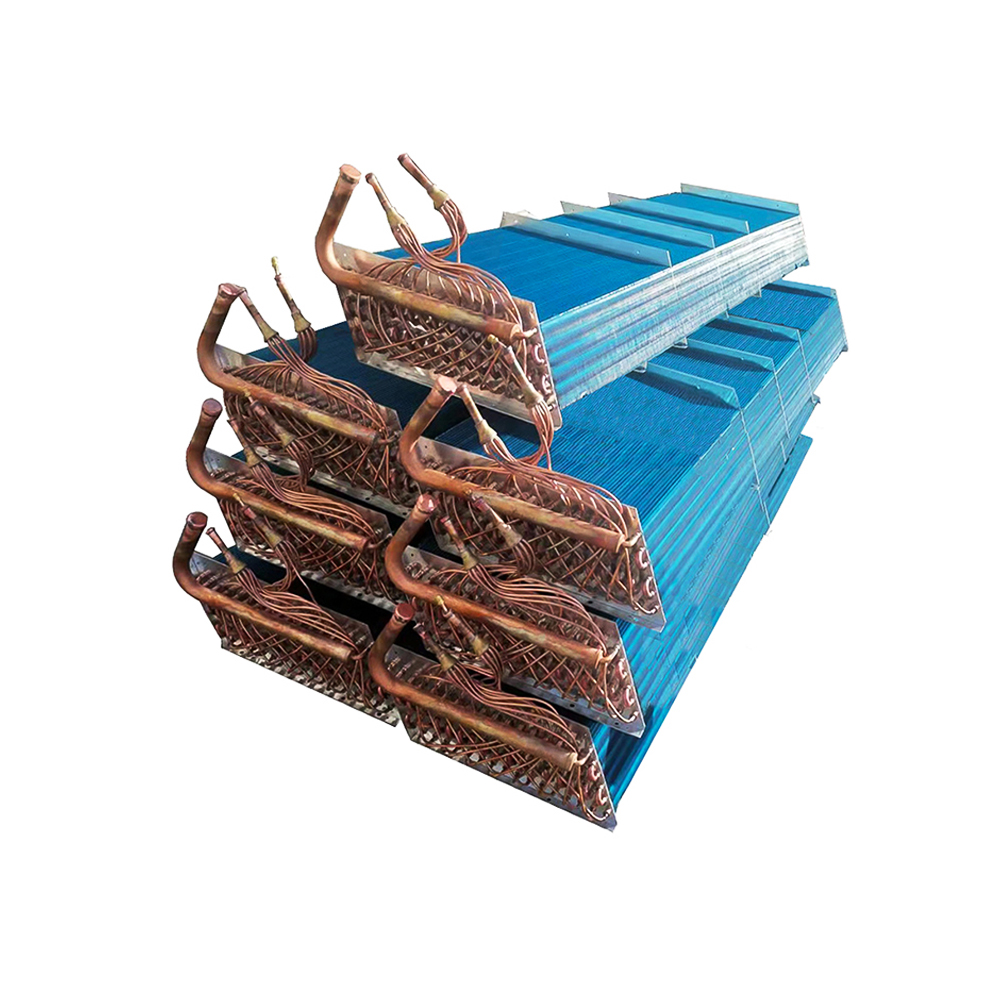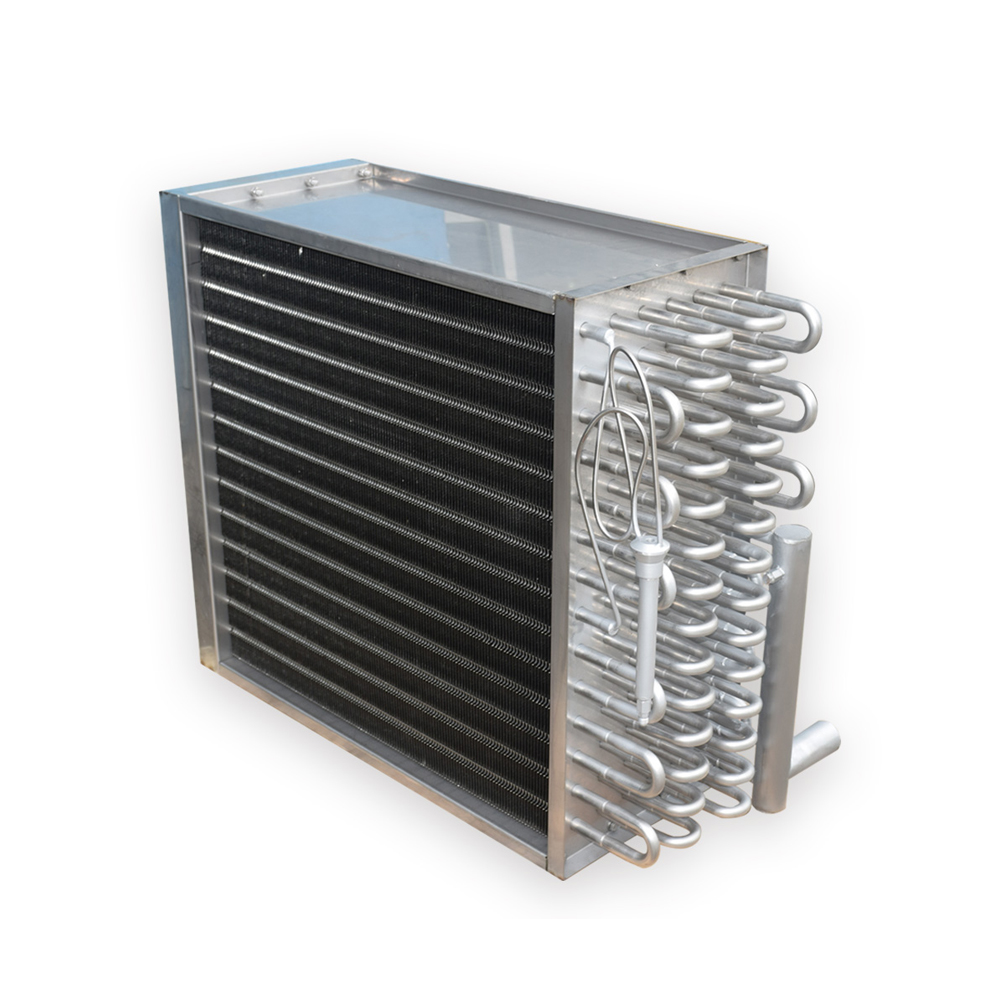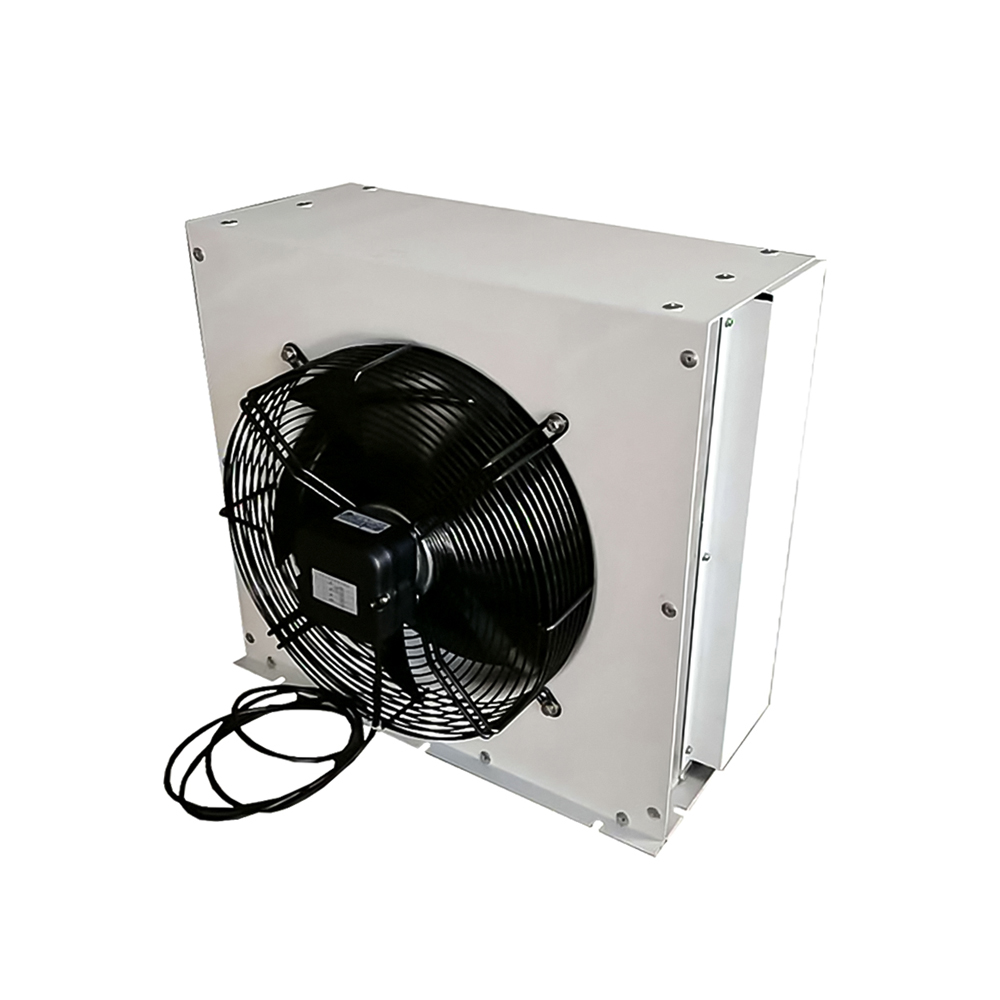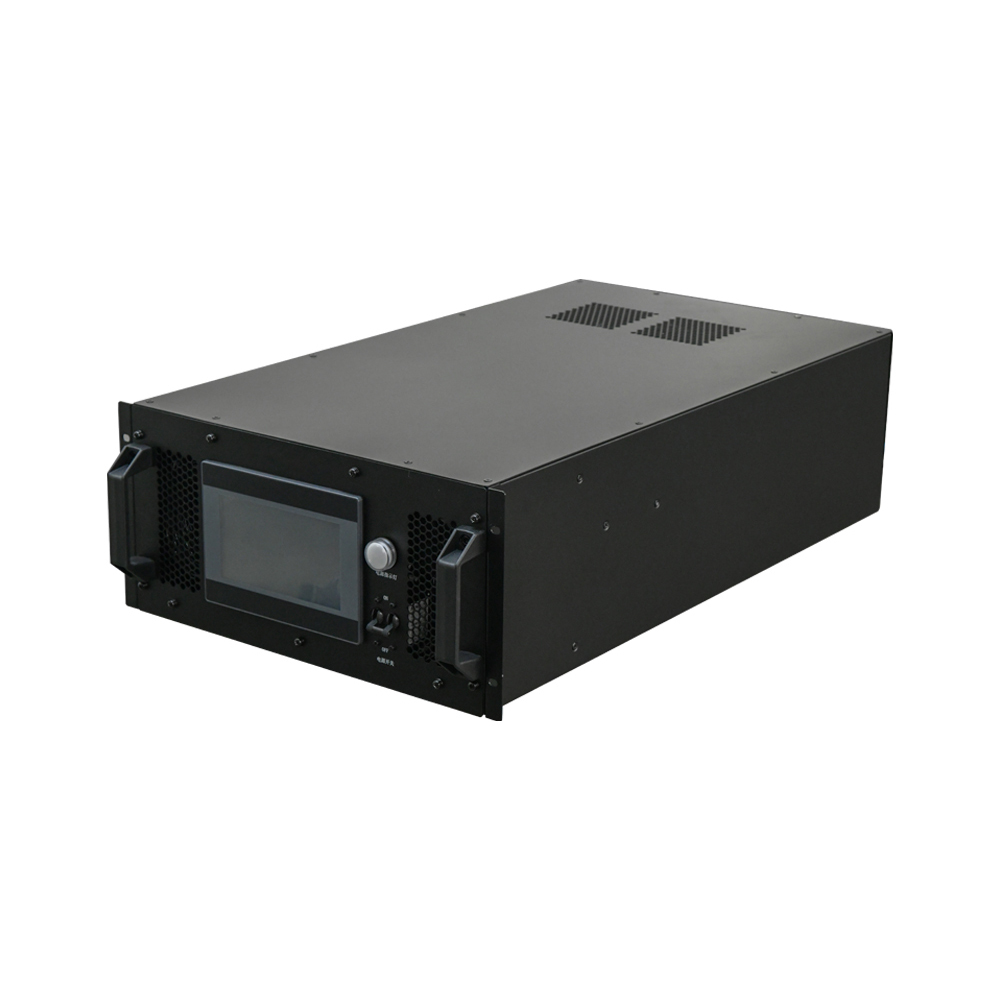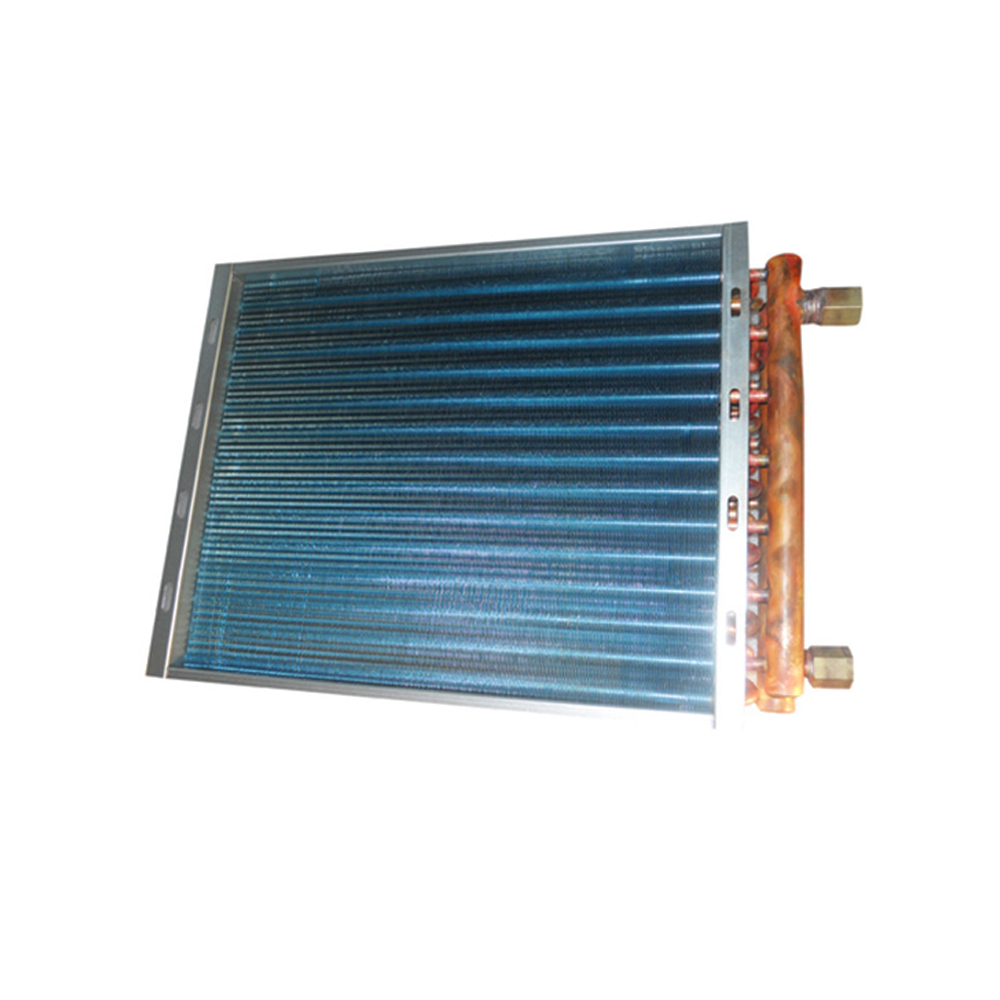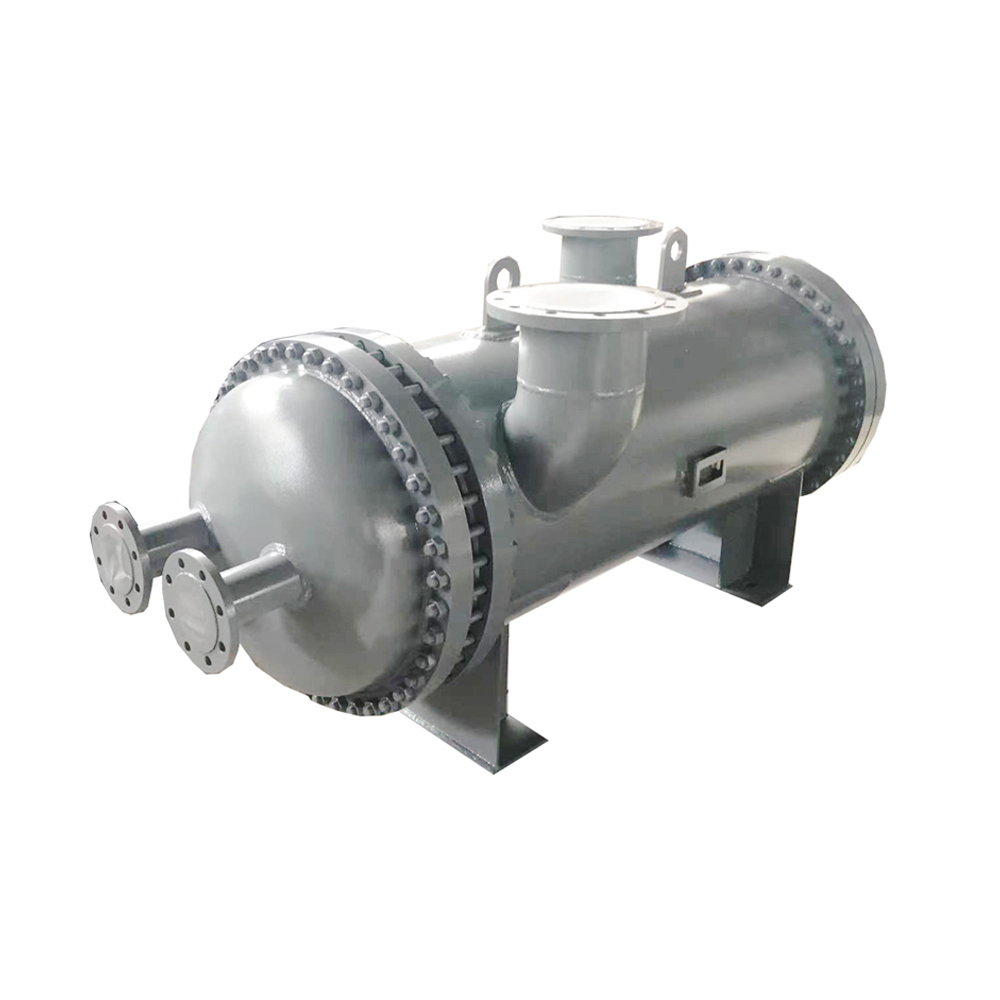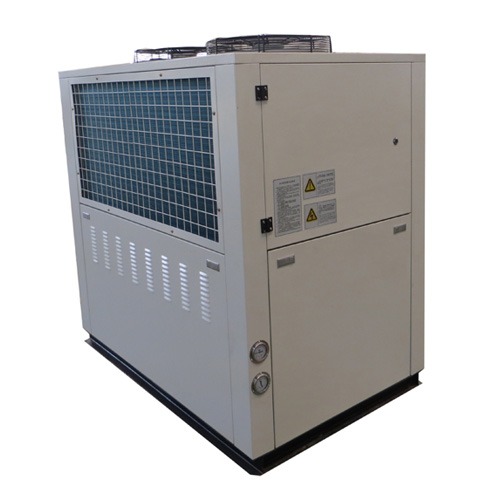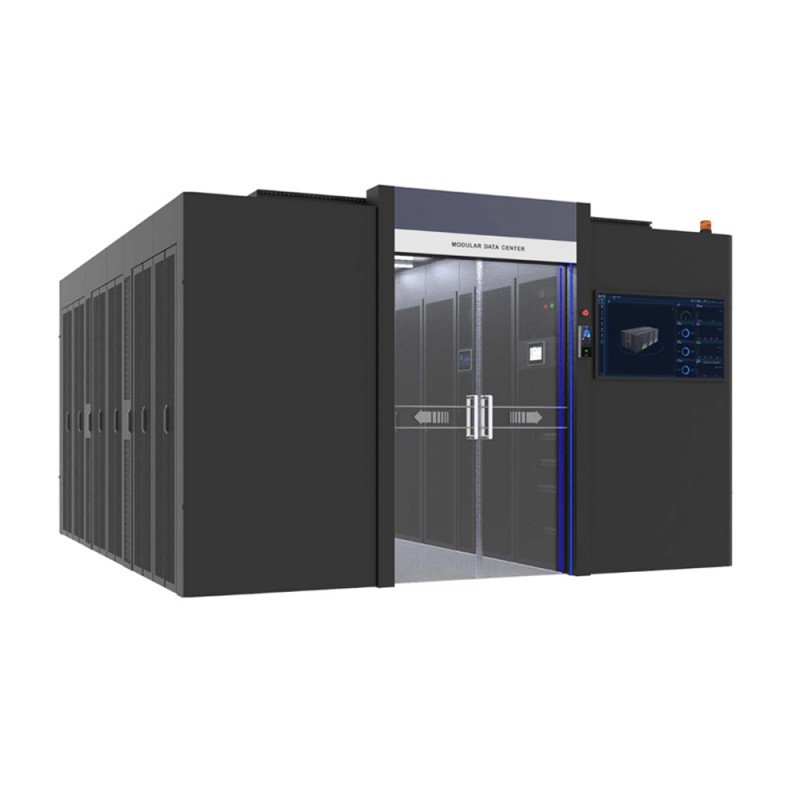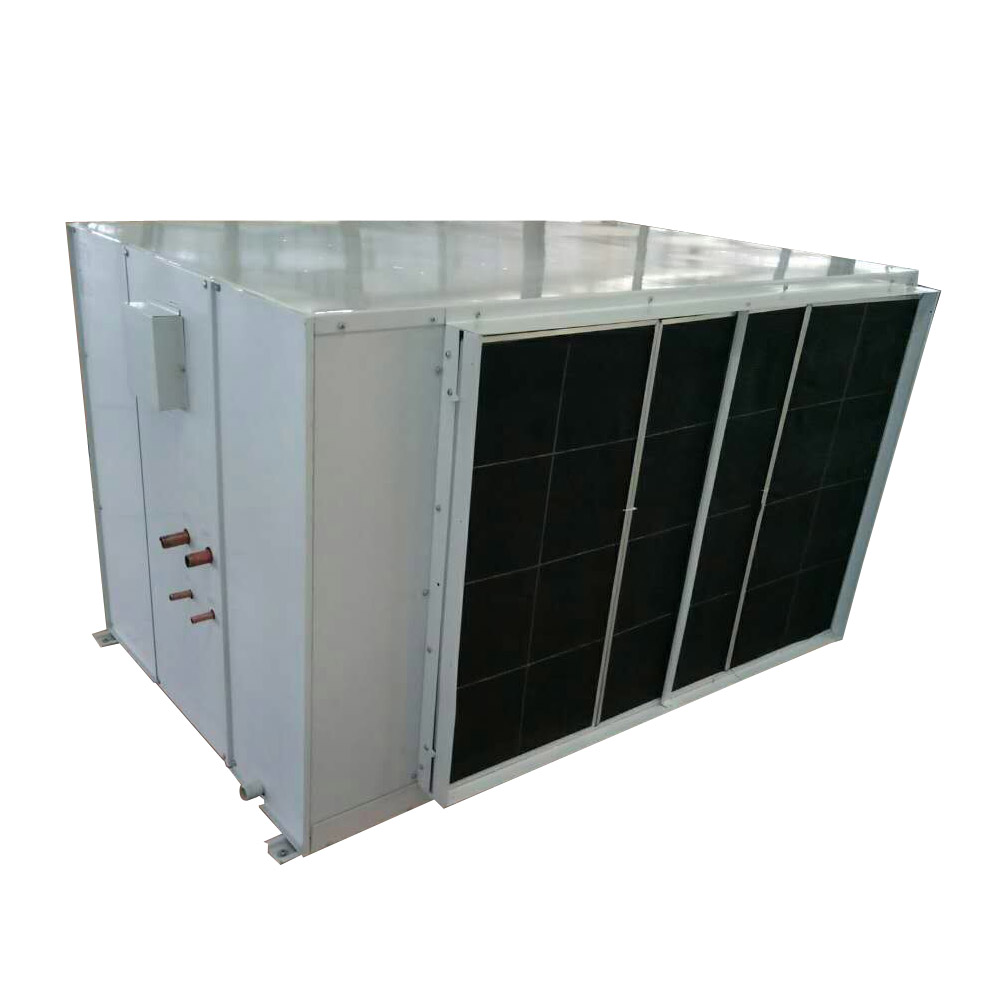A condenser cooling coil is a crucial component in refrigeration and air conditioning systems. Its primary function is to dissipate heat from the refrigerant, converting it from a gas to a liquid. This process is essential for maintaining the system's cooling capacity and overall efficiency. The effectiveness of a condenser cooling coil directly impacts the system's performance and lifespan. Choosing the right coil requires careful consideration of several factors, including the system's capacity, refrigerant type, and operating environment. Shanghai SHENGLIN M&E Technology Co.,Ltd (https://www.ShenglinCoolers.com/) is a leading manufacturer of high-quality condenser cooling coils, offering a wide range of solutions for various applications.
Types of Condenser Cooling Coils
Air-Cooled Condenser Coils
Air-cooled condenser cooling coils are the most common type, using ambient air to dissipate heat. They are relatively simple, affordable, and easy to maintain. However, their efficiency can be affected by high ambient temperatures and poor air circulation. Different fin designs (e.g., louvered, plain) and materials (e.g., copper, aluminum) affect heat transfer efficiency and durability.
Water-Cooled Condenser Coils
Water-cooled condenser cooling coils use water as a coolant, offering higher efficiency compared to air-cooled coils, especially in hot climates. They are often used in large-scale refrigeration systems where higher cooling capacity is required. Water quality and flow rate significantly impact performance. Regular cleaning and maintenance are crucial to prevent scaling and fouling.
Evaporative Condenser Coils
Evaporative condenser cooling coils combine air and water cooling, offering high efficiency with lower water consumption compared to fully water-cooled systems. They use a water spray to cool the condenser coil, increasing the heat transfer rate. These are often preferred in areas with high ambient temperatures and limited water resources.
Selecting the Right Condenser Cooling Coil
Choosing the appropriate condenser cooling coil involves several key considerations:
- Cooling Capacity (BTU/hr or kW): This should match the system's requirements.
- Refrigerant Type: Different refrigerants have different properties, impacting coil design and material selection.
- Operating Conditions: Ambient temperature, humidity, and airflow significantly affect coil performance.
- Coil Material: Copper and aluminum are common choices, each offering different advantages in terms of cost, corrosion resistance, and heat transfer.
- Fin Density and Design: This impacts the surface area available for heat transfer and pressure drop.
Maintenance and Troubleshooting
Regular maintenance is crucial for extending the lifespan and optimizing the performance of a condenser cooling coil. This includes cleaning the coil to remove dirt and debris, checking for leaks, and inspecting for corrosion. Common troubleshooting issues include reduced cooling capacity, excessive noise, and refrigerant leaks.
Comparison of Condenser Cooling Coil Types
| Type | Efficiency | Cost | Maintenance |
| Air-Cooled | Moderate | Low | Moderate |
| Water-Cooled | High | High | High |
| Evaporative | High | Moderate | Moderate |
This information is for general guidance only. Always consult with a qualified HVAC professional for specific advice and recommendations related to your condenser cooling coil needs.
1 Data gathered from various HVAC industry publications and manufacturers' specifications.









